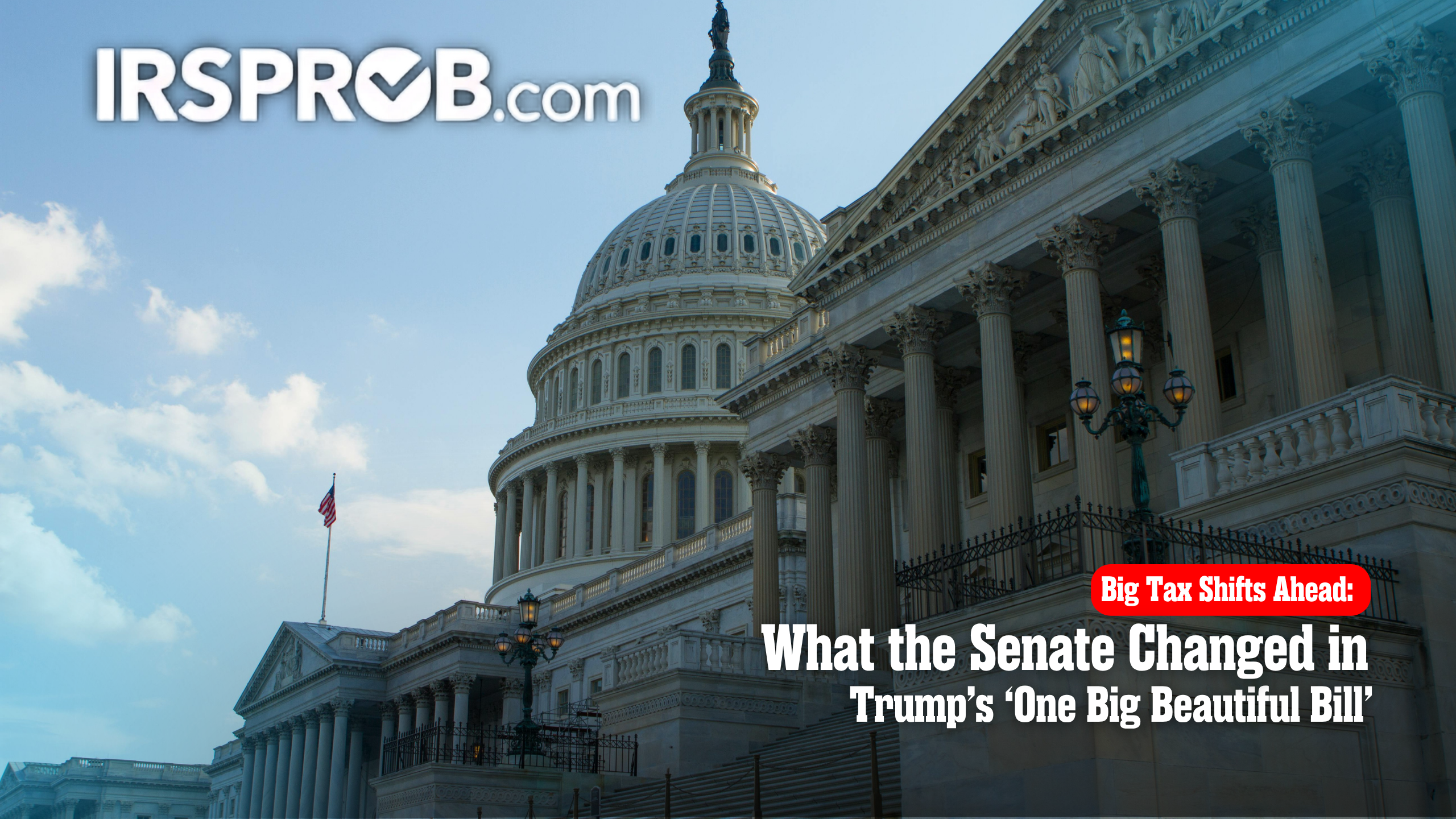Hopeful for the IRS Improvements in 2023
As the IRS goes into 2023, I am hopeful the huge budget increase works to improve customer service
The Inflation Reduction Act of 2022 has made a long-term commitment to improving the struggling IRS by investing $80 billion in the agency over the next 10 years. This is the largest budget increase the IRS has ever received, and it represents almost six times the agency’s annual budget of $13.8 billion. While some have claimed that this will result in 87,000 new revenue agents targeting tax evaders, I am hopeful that a great improvement in overall service provided by the IRS will be seen.
The additional funds will be allocated as follows:
- $3.2 billion for taxpayer services,
- $45.6 billion for enforcement,
- $25.3 billion for operations support, and
- $4.7 billion for business systems modernization.
These funds will be available until September 30, 2031, and they represent a mandatory appropriation, meaning that Congress cannot reduce the allocation without passing a new law. The IRS will issue a detailed spending plan within six months.
One of the main ways that the IRS plans to use the new money is to update its outdated IT systems, which in some cases date back to the 1960s. The agency also plans to improve phone service and speed up the processing of paper tax returns. To achieve this, the IRS will hire an additional 5,000 phone representatives, fully staff all IRS Tax Assistance Centers, and implement scanning technology to improve the processing of paper returns.
The IRS budget has fallen by 18.5% over the past decade, resulting in a 20% decline in the agency’s workforce. As of 2021, the IRS had 78,661 employees, compared to 90,290 in 2012 and 116,673 in 1992. The new funding will allow the IRS to hire additional employees, although it is not expected to reach the 87,000 figure that has been reported in the media. Much of the new hiring will simply be to offset attrition, as the IRS has an aging workforce and expects 35,000 employees to retire in the next six years, along with another 17,000 who will leave before retirement.
As a result of the new funding, audit rates are expected to increase, particularly for taxpayers earning more than $400,000 per year. While the exact increase is not yet known, it is likely that audits for those earning less than $400,000 could increase fourfold from their current historic lows of around 0.25%. The IRS will also have more resources to pursue tax evasion and other forms of noncompliance, which will likely result in more penalties and fines for those who are found to be in violation of tax laws.
Overall, the new funding for the IRS is a positive development although I am very concerned about the size of the budget increase and the IRS’s ability to put it where it’s most needed in customer service and not in increasing the burden already on U.S. Small Businesses.
– Randy Martin is a Certified Public Accountant, IRS Enrolled Agent, and Certified Tax Resolution Specialist and the managing director of IRSProb.com a Dallas-based Tax Firm specializing in IRS controversy.









